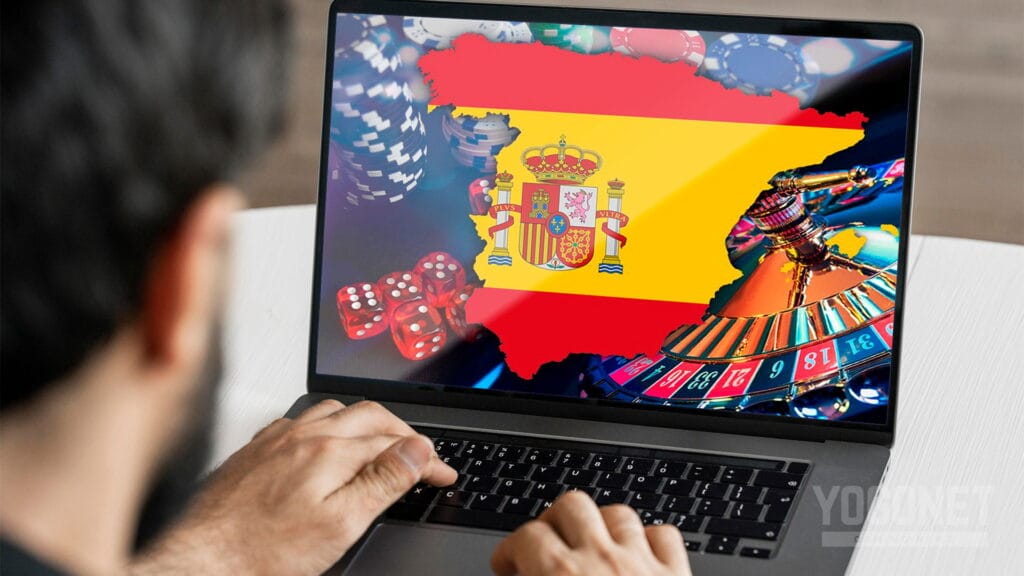Mexico’s Gaming Industry Navigates Regulation and Economic Impact
Mexico’s gaming industry employs over 200,000 people and is committed to social responsibility. While often stigmatized, the sector contributes significantly to the economy, generating hundreds of millions of pesos in taxes and fostering development in various localities.
However, the industry’s growth has not been matched by updated legislation. Since 1907, when gambling was legalized, the legal framework has lagged. In 1947, President Miguel Alemán enacted the Law of Games and Sweepstakes.
Recognizing that many Mexicans were traveling to Las Vegas, Costa Rica, and other countries to gamble, the government, under President Vicente Fox, legalized casinos in 2004 through regulations to the Federal Law of Games and Sweepstakes, spearheaded by then-Secretary of the Interior, Santiago Creel.
The gaming sector is undergoing transformation. In November 2023, the current administration published a decree reforming the law, making significant changes such as reducing permit durations from 25 years to 15 years.
The new regulations increase oversight of games and sweepstakes, centralizing responsibility in the Ministry of the Interior and limiting the involvement of states and municipalities.
The CANAIET (National Chamber of the Electronic Industry, Telecommunications and Information Technologies) aims to support society through programs to prevent gambling addiction and create safe environments.
The legal gaming industry positively impacts public finances through tax revenue and job creation.
With the sector expanding, it is crucial that the legal framework being negotiated by Francisco Gutiérrez Caballero, leader of Conaiet, with Secretary of the Interior Rosa Icela Rodríguez, is modernized to facilitate growth and avoid issues at the state and municipal levels. Providing legal certainty for significant dollar investments is key.
Other News
Lloriqueos: Remittance Tax Concerns
The Mexican government is concerned about a potential 5% tax on remittances proposed by the U.S. administration, supported by both Democrats and Republicans. This tax would affect all foreigners sending money abroad. In 2023, remittances totaled $700 billion, with Mexico receiving $65 billion, or 8% of the total.
The government anticipates a loss of over $3.2 billion, equivalent to 65 billion pesos. Both the Governor of the Bank of Mexico, Victoria Rodríguez, and the Secretary of Finance, Edgar Amador, are working to address this issue. Other nations with high remittance volumes, such as India, China, the Philippines, and Egypt, do not express the same level of concern.
Changan: Automotive Innovation
Changan, led by Brant Pulanzó in Mexico, has launched new Intelligent Dual Drive plug-in hybrid models, as well as two models with internal combustion engines. The electric models offer long-range capabilities and energy efficiency for city driving. However, concerns remain regarding warranties, service, and parts distribution.
State by State
Quintana Roo: Political Maneuvering
Tensions are high within Morena and the PVEM (Green Party) as they approach the selection of a candidate for governor. Emilio González is determined to secure the position he has held for many years. However, the PT (Labor Party) is complicating the selection process, potentially leading to a fractured alliance and an opportunity for the PAN (National Action Party).
Yucatán: Aviation Expansion
Volaris, led by Enrique Beltranena, has signed a code-sharing agreement with TAG Airlines, headed by Marcela Toriello, to expand air connectivity in Central America and Mexico. TAG focuses on the Mayan world, operating routes to destinations such as Huatulco, Oaxaca, and Mérida, Yucatán, and is seeking new connections. The aviation industry is closely monitoring the impact of Pratt & Whitney engine inspections, which have resulted in a $51 million loss in the first quarter.
Responsibility and Governance
PepsiCo: Sustainable Fleet
PepsiCo Mexico, led by Isaías Martínez, has invested over 2.3 billion pesos to add 1,070 electric Ford E-Transit vans to its delivery fleet. This initiative aims to reduce carbon dioxide emissions by 3,900 tons per year, equivalent to the annual energy consumption of 650 homes.
Stay ahead of the game in the licensed betting world – get the latest insights at LicensedBettingSites.com.















